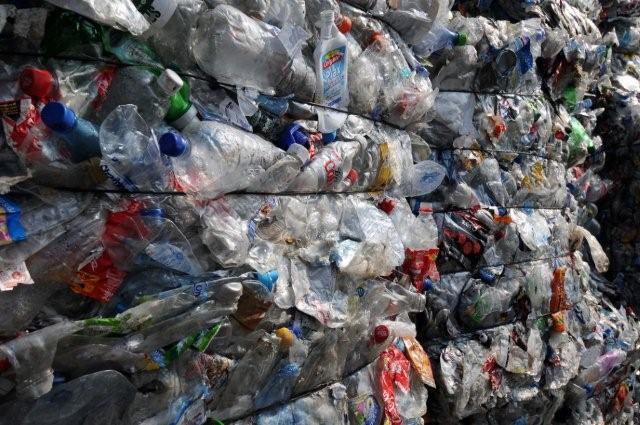OPINION: Waste and recycling expert, Paul Dumpleton, director of CSD Ltd reflects on changes in overseas recycling markets.
The recent changes in the Asian market should come as no surprise as there have been a progression of indicators and warnings over the past five years. The failure to interpret and act responsibly on those messages can only rest with stakeholders outside of Asia.
We have a real opportunity to reset ourselves and come forward with a pragmatic approach to the way we handle waste and recycling. We must abandon recycling for the sake of it and seek to move to a resource-based approach that recognises that, in certain circumstances, some waste streams should be designated for renewable energy sources.
We are already seeing some local authorities move away from mixed plastics and only seeking to collect bottles. We also need to see the movement away from glass in Dry Mixed Recyclable (DMR) collections or, at the very least, the collection of paper as a separate entity.

Markets for plastics are changing
Simplification
Simplification of the collection system will reduce volumes but will actually be far more sustainable and in the end far more efficient as the cost of collection and processing will reduce. The products destined for end market will be of a much higher quality which is something end users have been championing for years.
There is a natural home for low grade mixed plastics and the smaller DMR fractions as a high grade Secondary Recovered Fuel ( SRF) which will help with reaching higher Calorific Value (CV) targets by the end users. It can only be logical that the more expensive materials to collect, and the more expensive materials to produce, should be diverted to alternative use. The reduction in cost and improvement in recyclate quality is a strong argument against collecting the virtually unregulated material stream we have in many authorities.
Capacity

Paul Dumpleton is director of CSD
Successive governments disregarded the need for reprocessing capacity on the back of the all too easy market forces of Asia – the investment programmes they heralded some years ago when WRAP was formed, have long since gone by the wayside. There needs to be a fresh impetus in developing reprocessing infrastructure with clear sustainable investment and if necessary subsidy guidelines for industry to adopt. The industry has seen too many short term market stimulus programs that are difficult to navigate and, as it stands today, the best example I can offer is that not a single UK EFW currently in operations is benefitting from the Contract for Difference (CFD) regime, which was set up to help fund infrastructure.
Of course there also needs to be a change in public buying policy, with amendments to packaging legislation and a wider adoption of Producer Responsibility. With Landfill options dwindling, slow implementation of existing EFW facilities, a slowing export market for RDF, failing recycling markets, little investment in UK reprocessing infrastructure and ever more waste, this issue is not going to go away anytime soon. Some landfill operators are seeking to re-open mothballed sites as they, like others, see that there is actually very little alternative.
The post Opinion: Dealing with market changes appeared first on letsrecycle.com.
Source: letsrecycle.com Plastic


